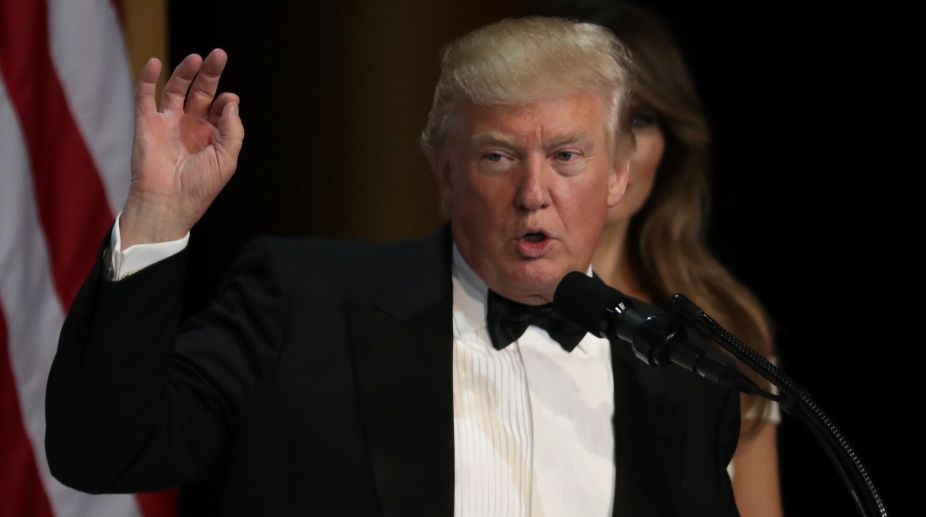Fed’s Caution
The US Federal Reserve’s decision to lower its benchmark interest rate to a range of 4.25-4.50 per cent marks a turning point in its monetary policy.

US President Donald Trump (PHOTO: AFP)
The new Trump administration has asserted that it would pursue bilateral trade opportunities with allies around the globe as multilateral trade agreements like TPP are not in interest of the country.
The White House announcement in this regard came soon after the President Donald Trump issued a memorandum withdrawing the United States from the Trans-Pacific Partnership (TPP), a multilateral agreement that includes the US and 11 other countries.
Advertisement
"As the president has said many times, this type of multinational agreement is not in our best interest and he's moving quickly to advance trade policies that increase the competitiveness of the American worker and manufacturer," White House Press Secretary Sean Spicer told reporters at his maiden news conference yesterday.
Advertisement
"This executive action ushers in a new era of US trade policy in which the Trump administration will pursue bilateral trade opportunities with allies around the globe. This is a strong signal that the Trump administration wants free and fair trade throughout the world," Spicer said.
Big multinational agreements, he said, are not always in the best interest of the United States.
"The beautiful thing about a bilateral agreement is that if any one of the true parties in the agreement decides at any time they want to get out of the agreement, or they're not being treated fairly, they can renegotiate much easier," he said.
"In a multinational agreement, that's not the case. In many cases, all of the other countries have to agree to an action or to let somebody out. That's not putting the US' interests first," Spicer asserted.
The White House Press Secretary said, "when you enter into these multinational agreements, you're allowing any country, no matter the size — any one of those 12, including us, to basically have the same stature as the United States in the agreement.
"So we're basically on par with some very small companies who are getting access to an amazing market, the United States. And in return, we're negotiating at the lowest common denominator," he said.
Advertisement